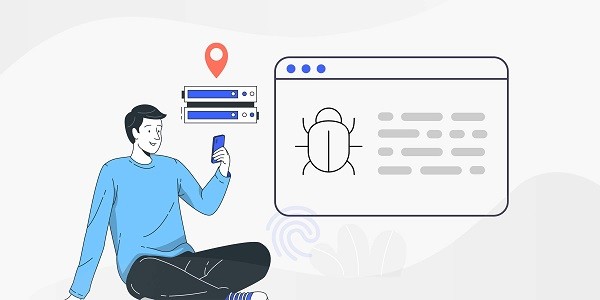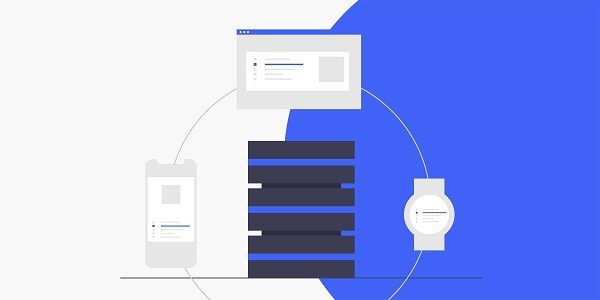What is extratorrents cc?Extratorrents cc was once a world-renowned seed resource sharing platform, through which users can obtain various types of files such as movies, software, and e-books. However, due to copyright disputes and regional restrictions, many users found that they faced network blockades or speed delays when directly accessing such platforms. At this time, the role of proxy IP technology becomes prominent - by replacing the real IP address, users can bypass geographical restrictions and encrypt data transmission. As a global leading proxy IP service provider, IP2world's dynamic residential proxy and static ISP proxy products provide efficient solutions for accessing resources similar to extratorrents cc. Why can proxy IP optimize the access experience of extratorrents cc?When accessing restricted resources, the local network environment may not be able to load content due to regional policies or operator restrictions. Proxy IPs forward user requests to servers in other regions, hiding the real IP and simulating legitimate access identities, thereby breaking through restrictions. For example, IP2world's dynamic residential proxy uses a real residential IP pool to make access behavior closer to that of ordinary users and reduce the probability of being blocked; while static ISP proxies provide long-term stable IP addresses, which are suitable for tasks that require continuous connection.In addition, proxy IP can also improve download speed. When users access resources through proxy servers, they can choose nodes with better bandwidth to reduce the impact of network congestion. For scenarios where large files need to be downloaded frequently, IP2world's exclusive data center proxy can provide high-speed, low-latency dedicated channels to further optimize efficiency. How to choose a suitable proxy IP type for extratorrents cc?There are many types of proxy IPs, which need to be selected according to specific needs:Dynamic residential proxy : The IP address changes regularly, which is suitable for scenarios that require high anonymity, such as avoiding triggering anti-crawling mechanisms when downloading resources in batches.Static ISP proxy: fixed IP and the network belongs to a regular operator, suitable for scenarios that require long-term stable connection, such as continuous monitoring of resource updates.S5 proxy: Based on the SOCKS5 protocol, it supports a higher level of data encryption and is suitable for users with strict security requirements.Unlimited servers: A proxy solution with no traffic restrictions, suitable for high-frequency and large-traffic download needs.IP2world's product line covers all the above types, and users can flexibly match them according to actual usage scenarios. For example, if you need to handle multiple download tasks at the same time, dynamic residential proxies with unlimited servers can balance anonymity and cost-effectiveness. How does proxy IP ensure the security of accessing extratorrents cc?Network privacy leakage is a potential risk when accessing open resources. Proxy IP enhances security through the following mechanisms:IP anonymization: Hide the user's real IP address to prevent tracking by third parties.Data encryption : Some proxy types (such as S5 proxy) support end-to-end encryption to ensure that the transmitted content cannot be intercepted.Traffic obfuscation : Disguise access requests as regular traffic to reduce the probability of being identified as proxy behavior.IP2world's proxy service also provides advanced features such as IP blacklist and whitelist, automatic change cycle, etc. Users can customize security policies. For example, setting the IP to automatically change once every hour can maintain anonymity and avoid operational interruptions caused by frequent changes. Frequently asked questions about using proxy IP to access extratorrents ccAre all proxy IPs suitable for download tasks?This is not the case. Ordinary free proxies often have limited bandwidth and poor stability, making it difficult to support large file downloads. Professional services such as IP2world's exclusive data center proxy can provide dedicated line-level bandwidth and low packet loss rate.Will a proxy IP reduce download speed?Reasonable node selection can avoid speed loss. For example, choose a server node that is geographically close to you, or use the speed test tool provided by IP2world to screen high-quality IPs. ConclusionThe access requirements of resource platforms such as extratorrents cc have driven the reliance on efficient proxy IP technology. As a professional proxy IP service provider, IP2world provides a variety of high-quality proxy IP products, including unlimited servers, static ISP proxies, exclusive data center proxies, S5 proxies and dynamic residential proxies, suitable for a variety of application scenarios. If you are looking for a reliable proxy IP service, please visit the IP2world official website for more details.
2025-05-09









